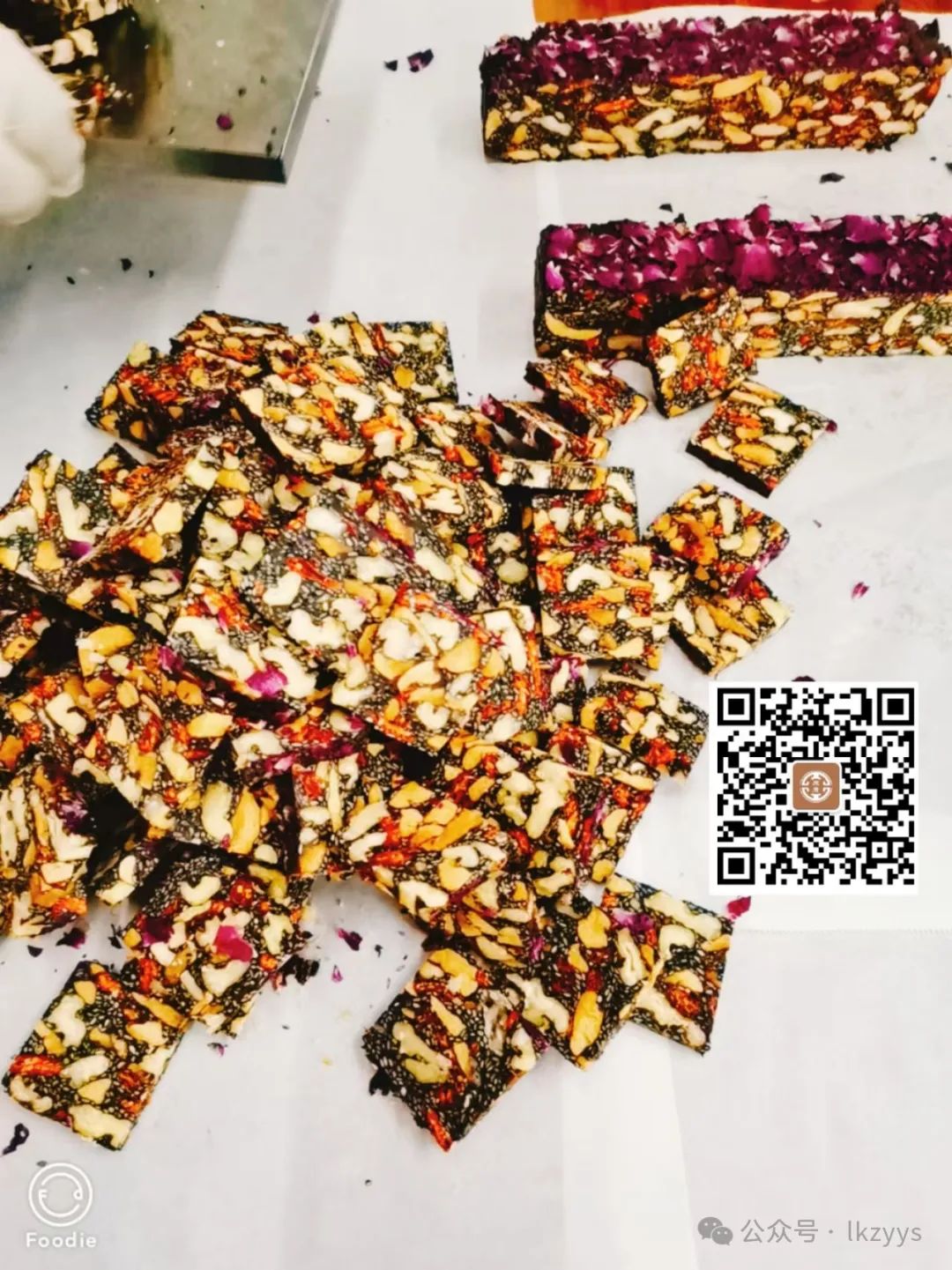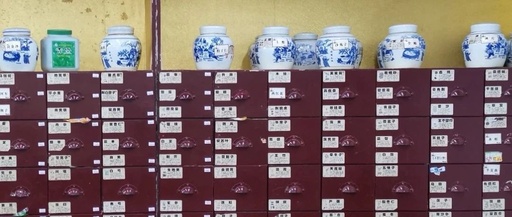Excerpt from Ling Shu: The Origin of All Diseases – Section Five (Mechanisms and Treatment Principles of Internal Injury Diseases)
This section discusses the mechanisms and treatment principles of internal injury diseases.
【Original Text】
The Yellow Emperor said: What about those arising from Yin?
Qi Bo replied: Worry and thought injure the heart; excessive cold injures the lungs; anger injures the liver; drunkenness and engaging in sexual activity, sweating in the wind injures the spleen; excessive exertion, such as engaging in sexual activity and sweating in the bath, injures the kidneys. These are the diseases arising from the internal and external three parts.
The Yellow Emperor said: Good. How should they be treated?
Qi Bo answered: Observe where it hurts to understand its response; if there is excess or deficiency, supplement if there is deficiency, and drain if there is excess. Do not go against the natural order; this is called the highest treatment.

————————————
“What about those arising from Yin?” – This Yin refers to the five organs, arising from within, primarily referring to the five organs. Those arising from Yin mainly refer to internal injury diseases, which are diseases caused by injury to the five organs. How do they arise? What are their mechanisms?
Qi Bo answered,
“Worry and thought injure the heart,” – The diseases caused by the seven emotions, such as worry and thought, primarily injure the spirit of the heart. Because the heart houses the spirit, emotional disturbances like worry and thought primarily harm the heart.
Of course, we have learned that “worry and thought injure the spleen,” and “grief and worry injure the lungs,” and that thought injures the spleen, etc. Whether it injures the spleen or the lungs, it does injure them, but from the perspective that “the heart governs the spirit” and “the heart is the master of the five organs and six bowels,” emotional factors leading to diseases affect the heart. They may injure other organs, but they also harm the heart. Therefore, it is said that worry and thought injure the heart. It does not mean that it does not harm others, but it primarily harms the heart.
“Excessive cold injures the lungs,” – Although this refers to internal injury diseases, “excessive cold” in terms of etiology does not solely arise from within. It can also be due to external cold evil and internal injury from cold food and drink, hence the term “excessive cold.”
In Ling Shu: The Forms of Evil Qi in the Organs, it states, “Cold forms and cold food injure the lungs.” Cold forms refer to the body being affected by external cold, while cold food refers to internal injury from cold food. Consuming cold food affects the lungs. Thus, it is said that excessive cold injures the lungs.
Why does it injure the lungs?
@ External cold evil injures the lungs because the lungs govern the skin and hair, so cold evil invading the skin and hair easily affects the lung’s function of dispersing and descending.
@ Cold food entering the stomach also injures the lungs because the lung meridian originates in the middle jiao, and the meridian rises to the lungs. When suddenly exposed to cold food, the cold qi follows the lung meridian and enters the lungs, thus injuring the lungs.
Therefore, it is excessive cold, as both internal and external cold evils can easily injure the lungs.
“Anger injures the liver,” – Among the seven emotions, anger injures the liver, as anger is the emotion associated with the liver.
“Drunkenness and engaging in sexual activity, sweating in the wind injures the spleen;” – Drunkenness itself injures the spleen, and sweating in the wind, where wind is the energy of wood, also injures the spleen.
In fact, we previously discussed in Jing Mai Bie Lun that “excessive movement and labor can cause sweating from the spleen.” Excessive movement of the body and labor can also injure the spleen.
Therefore, drunkenness and engaging in sexual activity primarily injure the kidneys, but here it is mentioned that it also injures the spleen. Of course, drunkenness injures the spleen, and drunkenness can harm the spleen. The act of “engaging in sexual activity” can also lead to fatigue and sweating. Then, sweating and being exposed to wind evil, where wind is the energy of wood, thus injures the spleen.
Generally speaking, “engaging in sexual activity” primarily easily injures the kidneys.
Next, it is stated,
“Excessive exertion, such as engaging in sexual activity and sweating in the bath, injures the kidneys,” – Excessive exertion includes physical labor and engaging in sexual activity, which inherently injures the kidneys.
Additionally, “sweating in the bath.” Sweating indicates exterior deficiency, and then being exposed to water qi, bathing and being exposed to water qi, where water is cold water qi, can easily injure the kidneys.
Because originally
@ Engaging in sexual activity already indicates kidney deficiency.
@ Sweating leads to the loosening of the skin.
@ Then being invaded by cold water qi. Therefore, it injures the kidneys.
“These are the diseases arising from the internal and external three parts,” – This summarizes the previous text.
At the beginning, it was mentioned that diseases are divided into three sources, right? In the beginning of The Origin of All Diseases, it states, “The three parts of qi injure different types,” which echoes the opening statement. This statement summarizes the previous theory.
“These are the diseases arising from the internal and external three parts,” also indicates that worry, thought, joy, and anger injure the organs, while wind and rain injure the upper part, and dampness injures the lower part. However, this section does not involve the issues of wind, rain, and dampness, as this statement serves as a summary of the previous theory.
“The Yellow Emperor said: Good. How should they be treated?” – How should internal injury diseases be treated?
Qi Bo answered,
“Observe where it hurts,” – The pain refers to the disease. The disease is pain; this “pain” refers to the disease. Observing where it hurts means observing where the disease is, observing the symptoms and the location of the symptoms.
“To understand its response,” – Based on the different locations of the disease manifestations, determine which organ it corresponds to; which meridian it belongs to; or which organ’s disease it is, which meridian’s disease it is. Therefore, it is said “to understand its response.”
Observing the location of the disease to determine which organ and which meridian it belongs to is to understand which meridian it corresponds to and which organ it corresponds to.
Because the internal organs have different corresponding locations on the body. There are also different corresponding locations on the face. The meridians also differ. For example, the liver meridian is distributed along the two sides of the body, the spleen governs the muscles, the spleen governs the limbs, and the waist is the residence of the kidneys. This is all related to the issue of “observing where it hurts to understand its response.”
At the same time, it is necessary to observe where it hurts to understand its response. It is also important to determine the issue of excess and deficiency, whether the evil qi is predominant or the righteous qi is deficient; whether it belongs to qi disease or blood disease.
Therefore, it is said,
“If there is excess or deficiency, supplement if there is deficiency, and drain if there is excess.”
However, in treatment, one must
“Not go against the natural order,” – It is important to adapt to the natural order, as this is a crucial theory.
This “order” includes the four seasons, the twenty-four solar terms, day and night, morning and evening, as well as the times corresponding to the five organs and six meridians. All of these are “order” and are related to the natural order. One must not violate the natural order and the unity of the human body.
Heaven and humanity are one, and they correspond to each other, even referred to as the unity of heaven and humanity. One should not only focus on the person and the disease without considering heaven. That would be one-sided. Therefore, one must not go against the natural order, which emphasizes the importance of adapting to the natural order.
“This is called the highest treatment,” – This is the most noble and important method of treatment.

